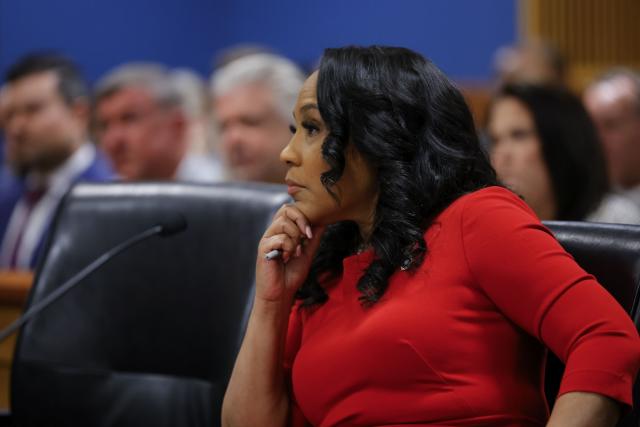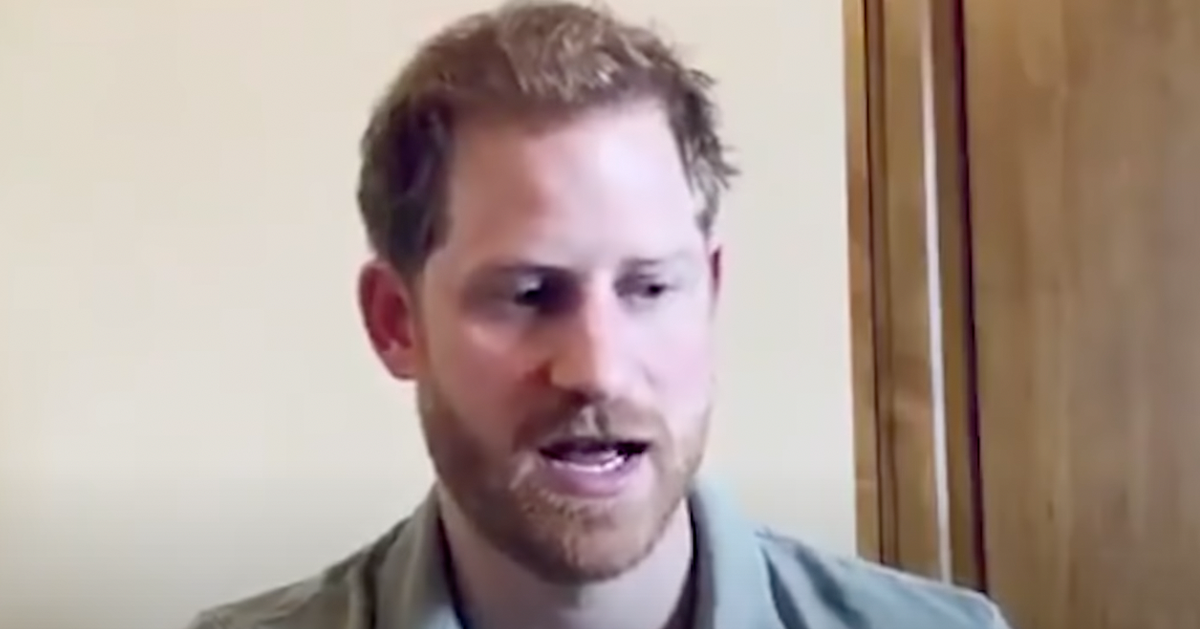Harris And Walz's 'White Guy Tacos' Joke Sparks Social Media Outcry
A lighthearted banter about tacos between Vice President Kamala Harris and her running mate Tim Walz has ignited a fiery debate on social media.
Some deemed the duo’s exchange insensitive and fueled a wider conversation on race and political correctness, FOX News reported.
The Harris campaign released the video last Thursday as part of its efforts to engage voters through relatable content. It features a casual discussion between Harris and Walz about their culinary preferences. During the conversation, Walz humorously mentioned his liking for "White guy tacos," referring to his simple taste in food.
Harris responded to Walz's comment by playfully questioning the seasoning in his tacos, poking fun at the stereotype that some people prefer less spicy food. This banter, however, did not sit well with everyone.
Following the video’s release, reactions surged online. Critics argued that the exchange perpetuated racial stereotypes and showcased a double standard in how people treat racial remarks depending on the race in question.
Notable Figures Voice Their Discontent
Ben Shapiro and David Marcus, prominent conservative voices, criticized the video. Shapiro took to social media to sarcastically comment on the racial implications of the joke, while Marcus labeled it a mockery of White people.
Similarly, Senator Ted Cruz highlighted a potential misunderstanding of cultural references, which he felt could be divisive.
Commentator Matt Walsh also expressed his disapproval by calling out what he perceived as "anti-white racism" in the campaign’s content. Alt-right commentator Jack Posobiec echoed Walsh’s sentiments and tied the video to popular memes that mock culinary tastes attributed to different races.
Supporters Defend Harris and Walz
Supporters of Harris and Walz defended the remarks as harmless humor. Micha Efran, a social media influencer, pointed out the irony in the critics' outrage, noting that those who often call others too sensitive were now taking offense.
Despite the backlash, some journalists and public figures argued that the video was blown out of proportion. They urged a focus on more substantive issues rather than what they saw as a playful exchange between running mates.
The Harris campaign did not immediately respond to requests for comment on the controversy stirred by the video. The lack of an official response has only fueled further speculation and discussion among political analysts and voters alike.
Broader Implications for Political Discourse
The incident has sparked broader debates about racial sensitivity and the boundaries of humor in political discourse. Journalist Brian Shea remarked on the general expectations for racial discussions in politics and suggested that such incidents reflect deeper societal divides.
Political campaigns have faced scrutiny over their handling of race-related topics before. However, the swift and widespread reaction to this particular video underscores the volatile nature of race relations in America today.
As the 2024 presidential race heats up, every action and word from candidates undergoes meticulous analysis, reflecting the intense scrutiny under which modern political campaigns operate.
Reflecting on the Sensitivity of Race in Politics
The ongoing controversy also highlights the challenge that political figures face in navigating the complex landscape of American demographics and cultural sensitivities.
While some view the video as a simple jest, others see it as a symptom of underlying racial tensions that need to be addressed more seriously within political dialogues.
As discussions continue, the incident reminds candidates of the delicate balance they must maintain while attempting to connect with diverse voter bases through humor and relatability.
Conclusion: A Reflection of Divided Opinions
In conclusion, Harris and Walz’s exchange has opened up a plethora of discussions on racial sensitivity, political correctness, and the role of humor in political campaigns. The divide in public opinion illustrates the broader societal challenge of addressing race in a way that is respectful yet engaging. As the political landscape continues to evolve, campaigns will also adjust their strategies to resonate with an increasingly diverse electorate.





